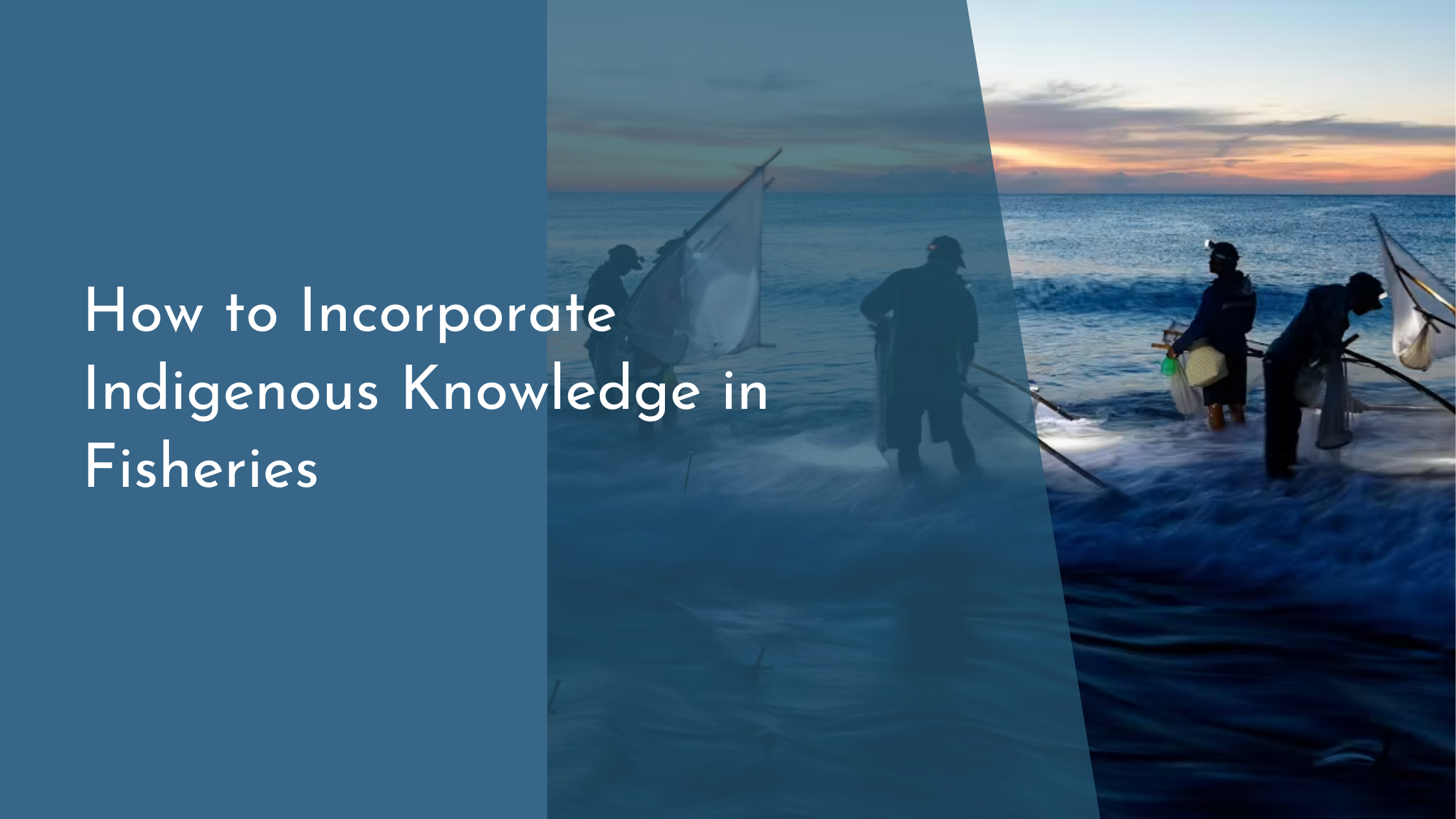How to Incorporate Indigenous Knowledge in Fisheries
Incorporating indigenous knowledge into modern fisheries management presents a unique opportunity to enhance sustainability, improve biodiversity conservation, and empower indigenous communities. This approach values traditional wisdom, embraces community collaboration, and integrates local ecological understanding to create a more sustainable future for our oceans. In this article, we will explore various aspects of incorporating indigenous knowledge in fisheries, from understanding indigenous knowledge systems to fostering education and awareness within broader society.
Understanding Indigenous Knowledge Systems
Indigenous knowledge systems are deeply rooted in the long-term relationships between indigenous peoples and their environments. These systems encompass a vast array of practices, beliefs, and understandings that have been passed down through generations, often orally. Indigenous knowledge systems are dynamic and adaptive, allowing communities to respond to environmental changes and challenges. By understanding these systems, we can appreciate the holistic approach indigenous communities take towards natural resource management, which often contrasts sharply with the more compartmentalized methods of modern science.
The richness of indigenous knowledge lies in its context-specific insights and ecological observations. This knowledge includes detailed information about local species, habitats, seasonal patterns, and sustainable harvesting techniques. For fisheries, this could mean understanding breeding cycles of local fish species or recognizing significant environmental indicators that predict fish movements. By integrating such knowledge into contemporary fisheries management, we can develop a more nuanced understanding of marine ecosystems and foster practices that align with ecological realities.
Building Collaborative Partnerships
Creating effective collaborative partnerships between indigenous communities and fisheries management bodies is central to integrating indigenous knowledge systems. These partnerships require mutual respect, trust, and a commitment to shared goals. By engaging indigenous communities in decision-making processes, fisheries can benefit from their unique insights while ensuring that management strategies respect indigenous rights and traditions.
Successful partnerships often involve co-management arrangements where both parties actively participate in designing and implementing management plans. This collaborative approach not only strengthens governance structures but also empowers indigenous communities by recognizing their vital role in resource stewardship. Such partnerships demonstrate the potential for inclusive management strategies that harness the strengths of both traditional and scientific knowledge systems.
Implementing Sustainable Practices
Indigenous knowledge offers a wealth of sustainable practices that can be applied to modern fisheries management. These practices often emphasize balance and reciprocity with nature, focusing on long-term ecological health rather than short-term economic gains. For instance, many indigenous communities have developed seasonal harvesting calendars that align with natural cycles, ensuring that fish populations are not over-exploited during vulnerable periods.
Implementing these sustainable practices requires adapting them to contemporary contexts while maintaining their core principles. This might involve integrating traditional fishing techniques with modern technologies or establishing community-managed marine protected areas. By doing so, fisheries can enhance their sustainability credentials, conserve biodiversity, and ensure that marine resources are available for future generations.
Fostering Education and Awareness
Education plays a crucial role in promoting the integration of indigenous knowledge in fisheries. By raising awareness about the value of indigenous knowledge systems, we can foster greater appreciation and support for their role in sustainable fisheries management. Educational initiatives can take various forms, from curriculum development in schools to community workshops that highlight successful case studies of indigenous fisheries management.
Awareness campaigns can also help bridge cultural gaps and promote understanding between indigenous and non-indigenous communities. By showcasing the positive outcomes of incorporating indigenous knowledge in fisheries, such campaigns can inspire broader societal support and encourage policymakers to adopt inclusive management practices. Ultimately, fostering education and awareness is about creating a shared vision for sustainable resource management that honors the diverse perspectives and contributions of all communities.
Incorporating indigenous knowledge in fisheries is not only about achieving ecological sustainability but also about recognizing and respecting the invaluable contributions of indigenous communities. By understanding indigenous knowledge systems, building collaborative partnerships, implementing sustainable practices, and fostering education and awareness, we can create a more inclusive and effective fisheries management framework. This approach promises a harmonious coexistence between humans and the marine environment, leading to healthier oceans and more resilient communities. Let us embrace this opportunity to learn from each other and work together towards a sustainable future.

